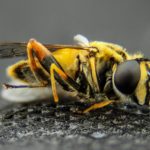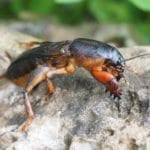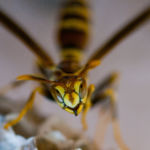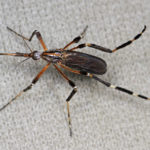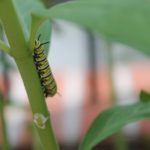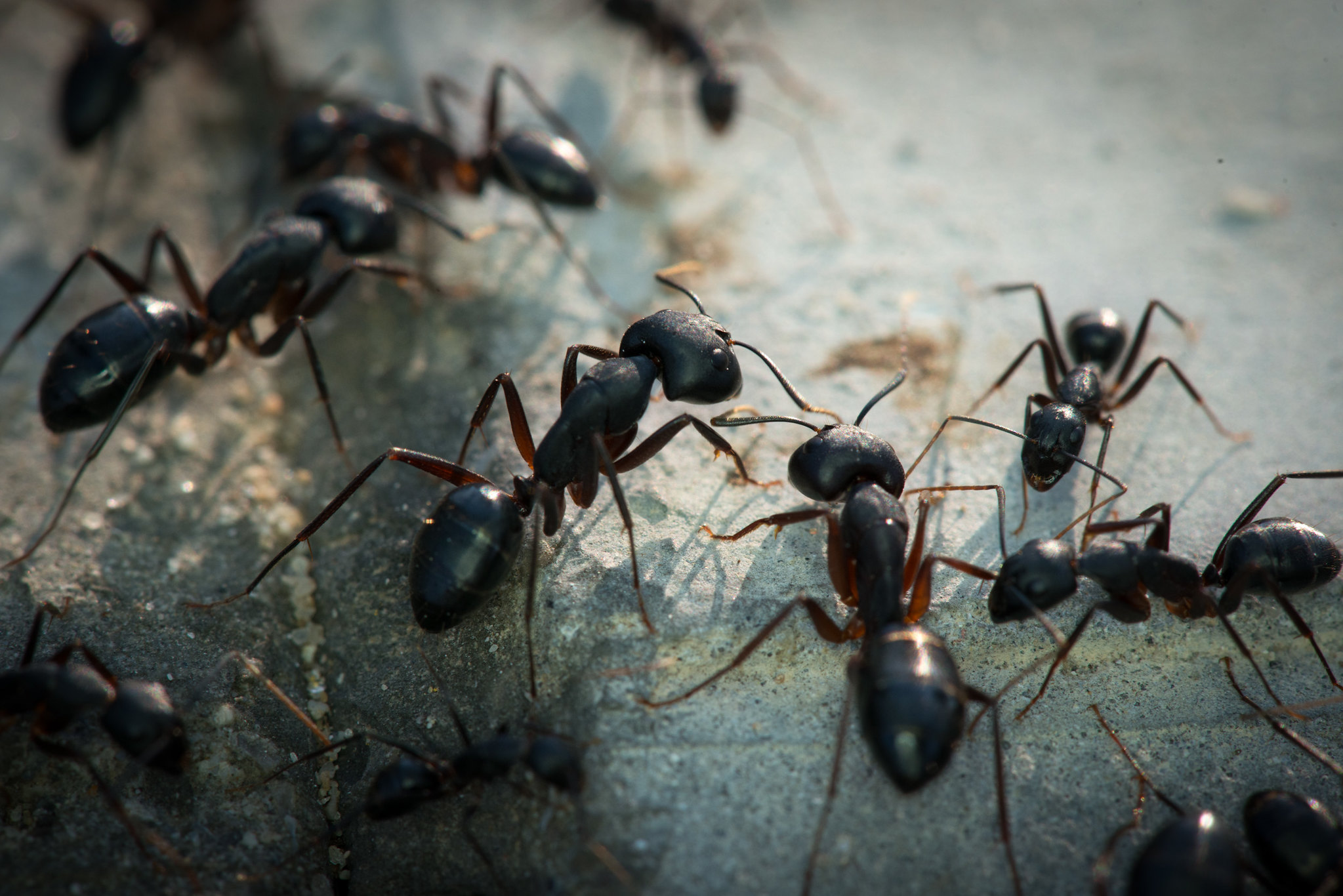
One of the things that makes Charlotte a fantastic place to live is also one of its downfalls: the warm, mild climate. The same weather that brings people flocking to the city also brings those crawly residents that live alongside us. It’s one thing to contend with the mosquitoes in the yard, but quite another thing to encounter pests inside your home. Here’s a guide to the worst indoor pests you may encounter in Charlotte and how to deal with them.
Ants
While we often think of ants as outdoor pests, this isn’t always the case. If you find small, stray bits of sawdust in your home, chances are you have carpenter ants snacking on your structure. They can cause serious structural damage if left untreated, so don’t wait. Argentine ants and odorous house ants look for food and like to set up shop in pantries. They are a nuisance but pose no danger. Fire ants will occasionally invade a home, especially after you install new landscaping that’s contaminated with fire ants. Always check shrubs, sod, and straw before installing it around your home.

If you are having trouble with ants in your home, the first step is to identify them. Michael Waldvogel, NCSU Extension Specialist in entomology and plant pathology, suggests sending a sample of the ants to the NCSU Plant Disease and Insect Clinic. Make sure you follow the clinic’s directions. “If you are trying to control an ant invasion in your home, you must make your home less attractive by keeping it extremely clean.” He recommends removing any food particles from your sink drain, storing food in airtight containers, and not leaving bowls of pet food out. Baiting ants can help control their population, and if all else fails, a pest control company may be your best bet.
Cockroaches
If there were an award for most-hated household pest, it would definitely go to the cockroach. They aren’t just disgusting. They’re also a health hazard. Infants and children are particularly susceptible to their presence – they can end up with asthma or allergies as a result. Once they’re in your home, it can be difficult to get rid of them. They don’t need to eat for months on end and are experts at hiding. Prevent a cockroach invasion by making sure your basement and attic are well-sealed and don’t have any leaks. Store food in airtight containers and don’t leave pet food out. Using pesticide powders and bait traps in areas where children can’t reach and eliminating water leaks will control an infestation.
Bed Bugs
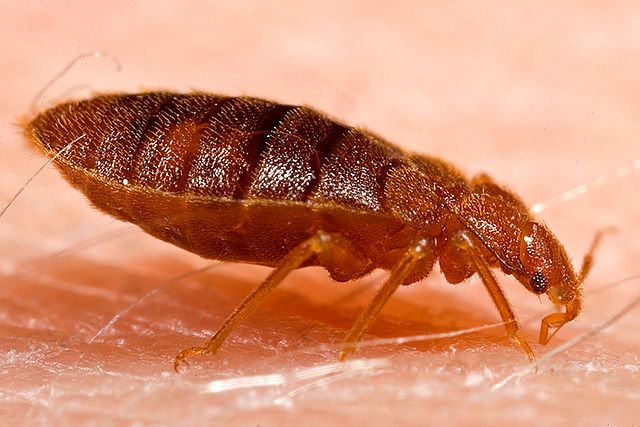
If there is one pest that can make you long for the simplicity of a cockroach infestation, it’s bed bugs. Bed bugs are flat, brown insects that can be up to a quarter of an inch long. They hide along bed frames, the seams of mattresses, box springs, and crevices in furniture. They come out at night to feed on you while you sleep. Each bedbug can bite several times, resulting in clusters or lines of bites on the body. While painless, the bites cause an intense itch, and vigorous scratching can cause an infection. These small bloodsuckers are incredibly hard to get rid of, which is why you should do everything in your power to avoid getting them.
Charlotte has experienced a slew of bedbug infestations in the past few years. Bedbugs are expert hitchhikers who will come home with you after exposure in a hotel or when you purchase used furniture. Experts suggest conducting an inspection of sleeping areas wherever you stay while traveling. Lift mattresses up from the box spring and check for live bugs or black spots. Small enough to hide in the lining of suitcase seams, beneath buttons, or under labels, they are crafty little insects.
If you’re unlucky enough to contract bedbugs, controlling them will be your top priority. You will first need to clean your home like never before. Steam clean your mattress, bed frame, and furniture. You will need to wash and dry all clothing and bedding at the highest heat settings. You’ll also want to freeze small items for several days to kill any bedbugs or their eggs. For severe cases, it will be necessary to hire a professional.
Spiders
Some spiders are beneficial since they trap and kill ants and flies. But two common spiders in Charlotte are poisonous: the brown recluse and black widow.
Brown recluse
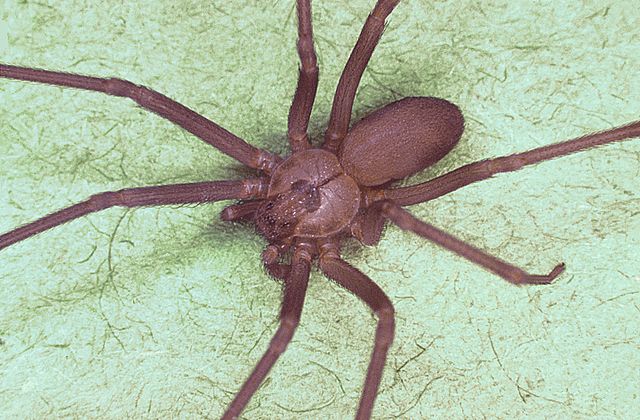
The black, violin-shaped mark on their abdomen makes these spiders easy to identify. But we don’t recommend turning one over to get a closer look. They tend to hide in dark places such as the attack and basement and come out at night to search for food. Their bite can be deadly to small children and cause a severe infection.
Always wear gloves while working in the attack or basement, and shake out any clothing or shoes stored there. While a brown recluse will only attack if threatened, it’s best to call an exterminator if you spot even one.
Black widow
The red hourglass on this black spider stands out. The female’s venom can be 15 times stronger than a rattlesnake, but the bites are rarely fatal. They’re not aggressive, but they often enter homes in the winter, when they’re searching for a warm place. The best way to protect yourself against these invaders is to seal all openings in your home and trim all weeds and tall vegetation around the foundation.
Charlotte is a wonderful place to call home. If you find yourself sharing your home with some unwanted pests, you may be better off calling an exterminator. Store-bought sprays and chemicals can often make the problem worse.
